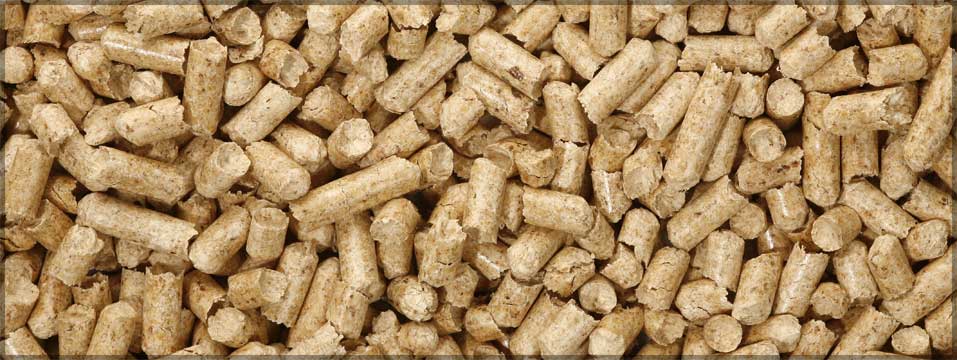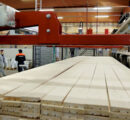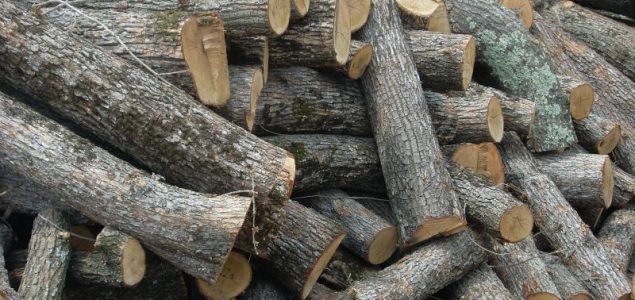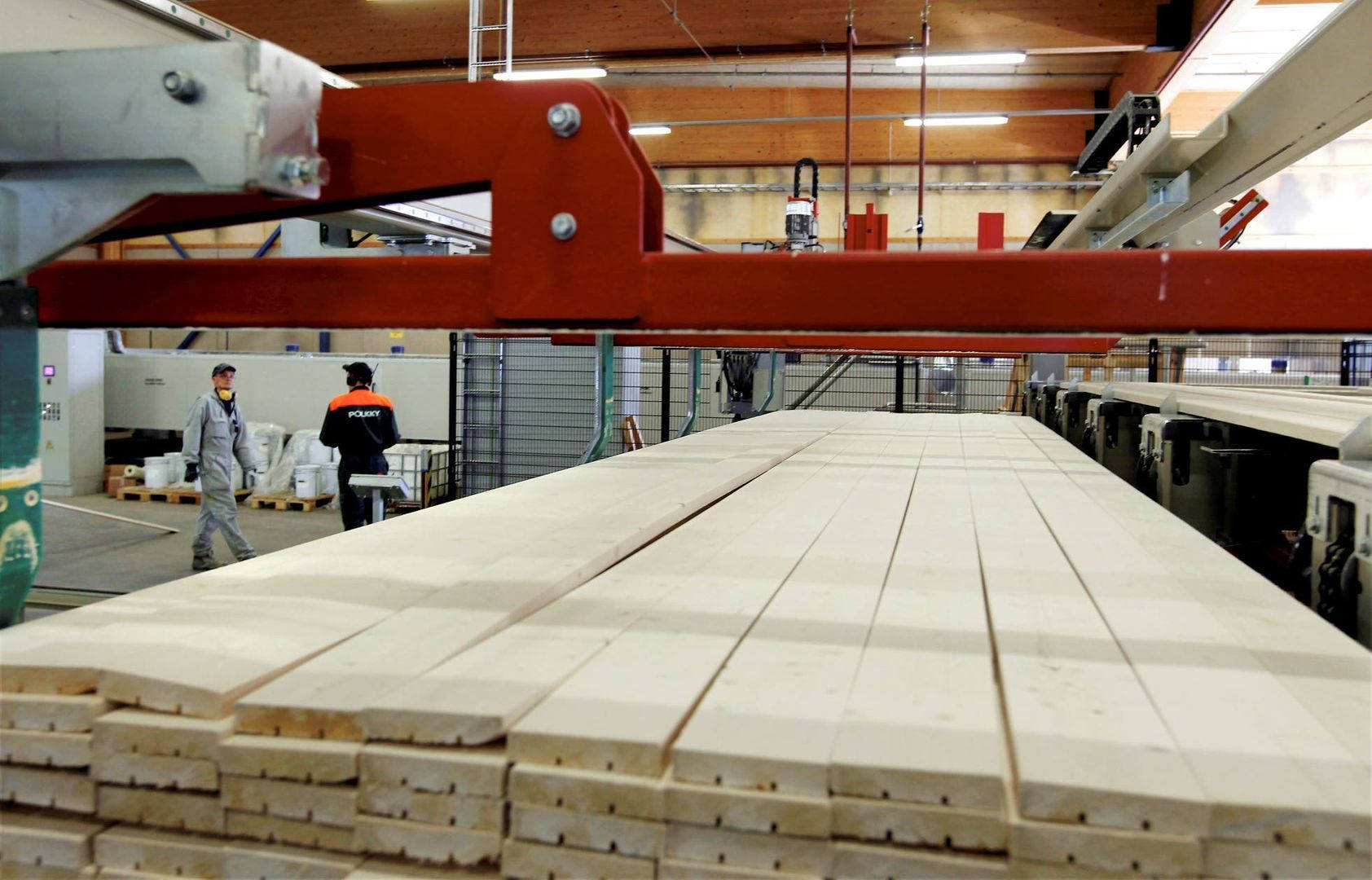The United-Kingdom-based power producer Drax Group Plc is increasing its hold on British Columbia’s wood-pellet industry with an agreement to buy its eighth production plant in the province.
The company said this week it will buy Princeton Standard Pellet Corp., and provided that goes ahead, will add 90,000 tonnes-a-year of capacity to its existing production capacity of 1.57 million tonnes in B.C.
That will bring its total to 78 per cent of B.C.’s total capacity, according to industry figures from the Wood Pellet Association of Canada.
And it helps put Drax in a favourable position in the global market for pellets, the fuel for biomass power production, which gets credit as renewable energy on the theory reforestation balances out emissions from its boilers.
It’s not a growth business, that’s for sure in B.C. because declining timber harvests that have seen sawmills and pulp mills close leave less mill waste for pellet producers to use. But it is certainly a growth sector worldwide and more countries are investing in biomass energy production.
In its news release, Drax CEO Will Gardiner said the acquisition will help the company “build our global pellet production and sales business,” both to secure supplies for its own power plant in Northern England, which it has converted from burning coal to biomass, and feed a growing market in Asia and Europe.
Drax took its biggest stake in B.C. last year by buying the dominant producer, Pinnacle Renewable Energy, which owned and operated plants in Armstrong, Burns Lake, Strathnaver and Williams lake and had partial stakes in plants in Houston, Smithers and Lavington.
Drax’s objective is to build up eight million tonnes of annual pellet production by 2030. Company documents state that its capacity is up to five million tonnes now.
Japan and South Korea have become the dominant buyers of B.C. wood chips, though the U.K. isn’t far behind.
And the U.S. South has been more attractive and that’s where Drax’s real growth has been.
However, the amount of B.C. production Drax accumulated brought a complaint from the Canadian Centre for Policy Alternatives in February that it had too much of a monopoly over wood-pellet production in B.C.
It launched a call for Canada’s Competition Bureau to step in after Drax purchased sales contracts from another producer, Pacific Bioenergy in Prince George. Days later, that company announced it would close that plant.
That cost 55 jobs for the Public and Private Workers of Canada union, and gave Drax a “stranglehold on B.C.’s wood-pellet industry,” said union president Gary Fiege.
The Centre for Policy Alternatives also argued there was evidence that provincial forest licences were giving Drax’s plants too much latitude to take whole saw logs to be ground down to make pellets.
However, while bioenergy is renewable in theory, its use on the scale it is being used to replace coal in power production in Europe and Asia concerns some.
The post Drax increases stake in B.C. wood-pellet industry to 78% appeared first on Global Wood Markets Info.




